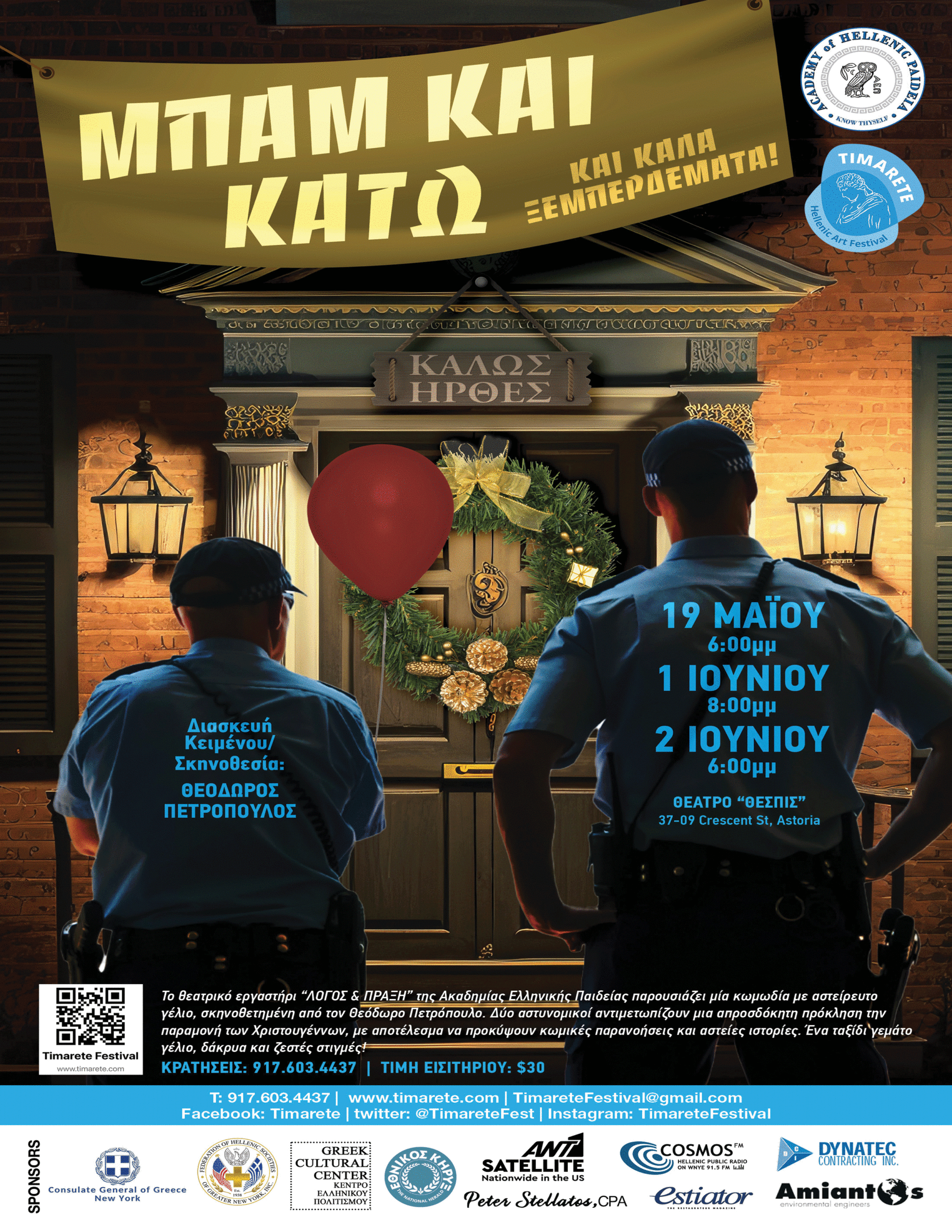The Soap Box
Posted by estiator at 10 September, at 03 : 48 AM Print
Restaurant consultant DEAN VLAMIS sounds off ontopics that threaten your business.
Tipped Employees Are Coming for You (or, at Least, Their Lawyers Are)
“Attention restaurant workers: Restaurants may be stealing your wages” screams the home page of a large law firm in Connecticut, a state where restaurant owners are under siege from ambulance-chasers looking to rack up big settlements by exploiting ambiguities in the state’s labor laws. All around the country, there are class-action suits filed by firms representing servers looking to recoup the balance of the full minimum wage in states where restaurants are permitted a tip-credit for workers whose income includes gratuities. At least 22 states have recently settled or pending lawsuits on the matter. To understand the severity of the situation, contemplate the following: In Michigan, a court ruled against Sophia’s House of Pancakes to the tune of $250,000, while Raymond’s restaurants in New Jersey were ordered to pay $325,000. The list goes on. In New York State, Blue Hill at Stone Barn settled a case for $2 million, Gramercy Tavern for $695,000, and Ruby Tuesday for $3 million. TGI Friday settled for a whopping $19.1 million. The span of accusations varied slightly from case to case, but all had one allegation in common: “wage theft.”
If it sounds as if the restaurant owners got caught playing dirty, let’s understand who is alleging, and what the words really mean. By paying staff less than the minimum wage (a practice allowed and endorsed by state legislatures), the restaurants are being accused of wage theft, a term used by litigators. These words paint an incorrect picture of a restaurant owner actually stealing from his/her staff and taint the public perception against the hardworking restaurant owner that in many cases has “bet the farm” to open a restaurant.
In Connecticut, the legislature is contemplating a law that addresses this very issue as several chains in the state are currently under attack, including Outback, Ruby Tuesdays, Denny’s, and Chips, a local multi-unit operation with six locations owned by a Greek-American restaurateur.
In Connecticut, restaurants typically pay their wait staff $6.38/hour, which is $3.72 less than the state minimum wage of $10.10, or roughly 63% of the full minimum wage. For years, the Department of Labor has recommended that restaurants follow an 80/20 rule, suggesting that no more than 20% of a server’s time be allocated to non-service duties such as post-shift side work, cleaning, and setting up the restaurant for service. The lawsuits suggest that servers shouldn’t have any responsibilities beyond taking care of their guests because they’re not paid minimum wage. Crazy, right? Following this logic, servers should not be paid anything—just as a commission-only salesperson. In the case of Connecticut, a commonsense solution would be for servers to spend no more than 63% of their time on non-service related tasks as owners are, after all, paying them 63% of the minimum wage!
To add insult to injury, these law firms are even suggesting that restaurants compensate servers for the time they spend away from the restaurant cleaning their uniforms. And let’s not get started on tip pooling—lawsuits nationwide argue that servers should keep all tips rather than share them with support staff that help them to earn those tips.
The equitable solution is to have state legislatures draft legislation that is unambiguous with regard to percentage of time that servers can be performing non-service related work, tip sharing, uniform policies, break policies, etc. No wiggle room should be left for lawyers looking to cash in. Oh, and let’s not get comfortable thinking that they’re only going after big chains—even single-unit operators are being taken to court.
So, here are some things legislators should be compelled to consider:
- When adding in tips that a server takes home (after tip sharing with support staff such as bussers, runners, and bartenders are taken into account), many servers can make in excess of $40/hour in busy restaurants and well over the minimum in even the slowest restaurants.
- Gratuities are typically 15-20% of a restaurant check. Restaurant profits are, at the high end, 15%, with the average independent operator earning less than half of that figure. For restaurants with just two or three servers, this means that the server is making as much as the owner!
So, dear reader, please contact your local and state legislators and let them know your business is under attack. The backlash could be horrific for the community, the industry, and the very individuals these law firms are representing, with consequences like drastically increased restaurant prices, failure of businesses, and policies that eliminate tipping completely (meaning servers would earn a flat wage, doubtless far less than what they earn through tips). And if you see value in sending this article to your local newspaper, you have our permission. The best defense, after all, is a good offense.















